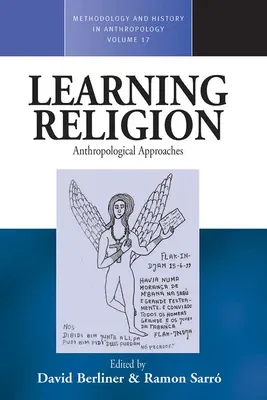Learning Religion: Anthropological ApproachesHardcover, 1 October 2007

Qty
1
Turbo
Ships in 2 - 3 days
In Stock
Free Delivery
Cash on Delivery
15 Days
Free Returns
Secure Checkout

Part of Series
Methodology & History in Anthropology
Part of Series
Methodology and History in Anthropology
Print Length
248 pages
Language
English
Publisher
Berghahn Books
Date Published
1 Oct 2007
ISBN-10
1845453743
ISBN-13
9781845453749
Description
Product Details
Book Format:
Hardcover
Country of Origin:
US
Date Published:
1 October 2007
Dimensions:
22.86 x
15.24 x
1.6 cm
Genre:
Education
ISBN-10:
1845453743
ISBN-13:
9781845453749
Language:
English
Location:
New York, NY
Pages:
248
Publisher:
Weight:
498.95 gm